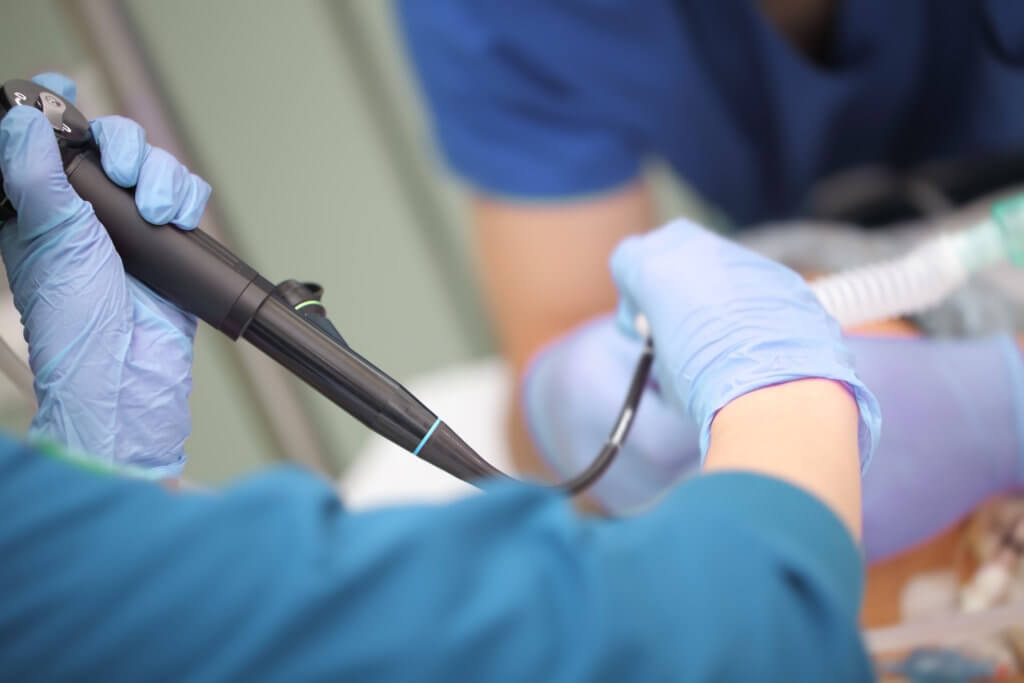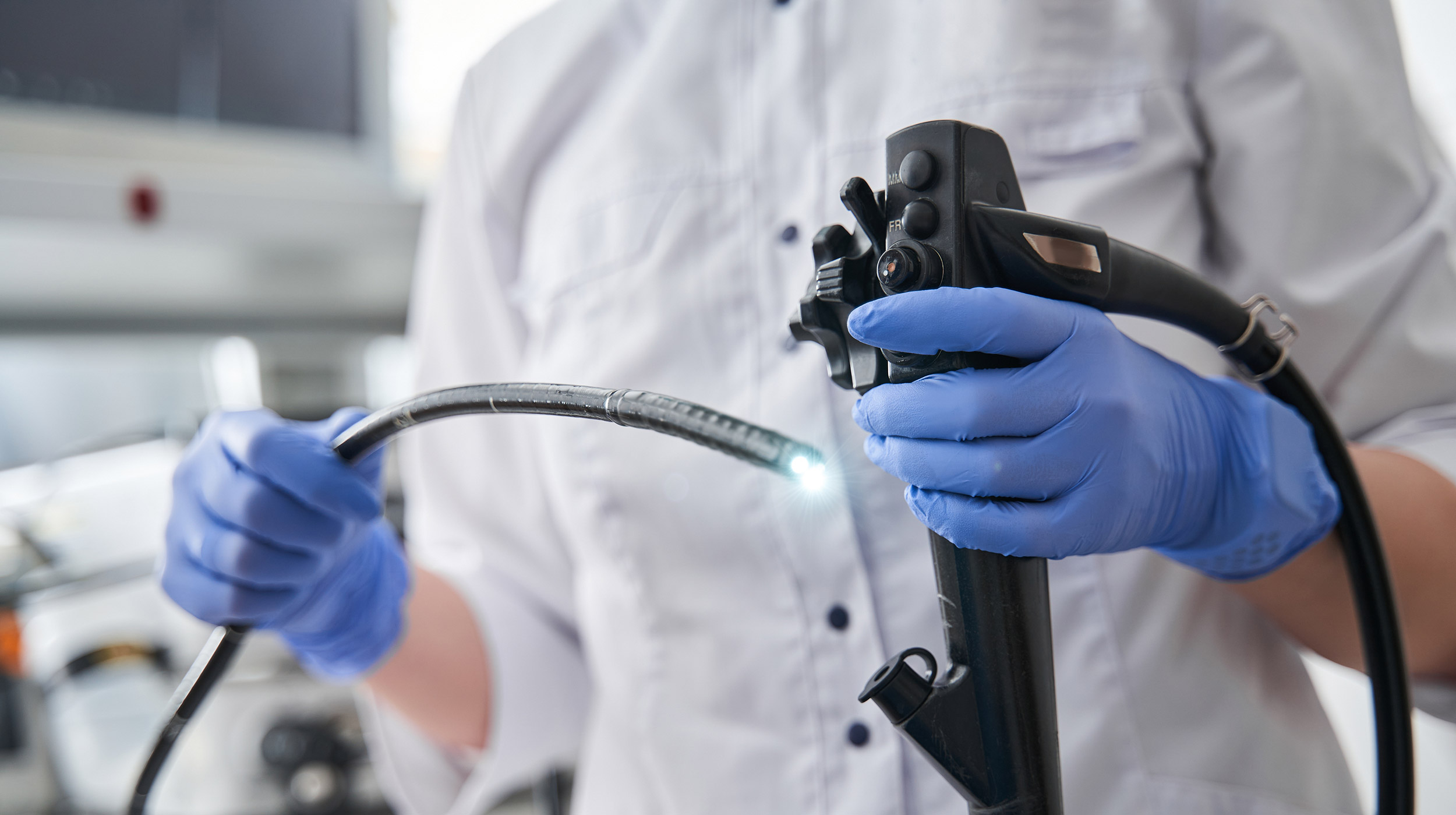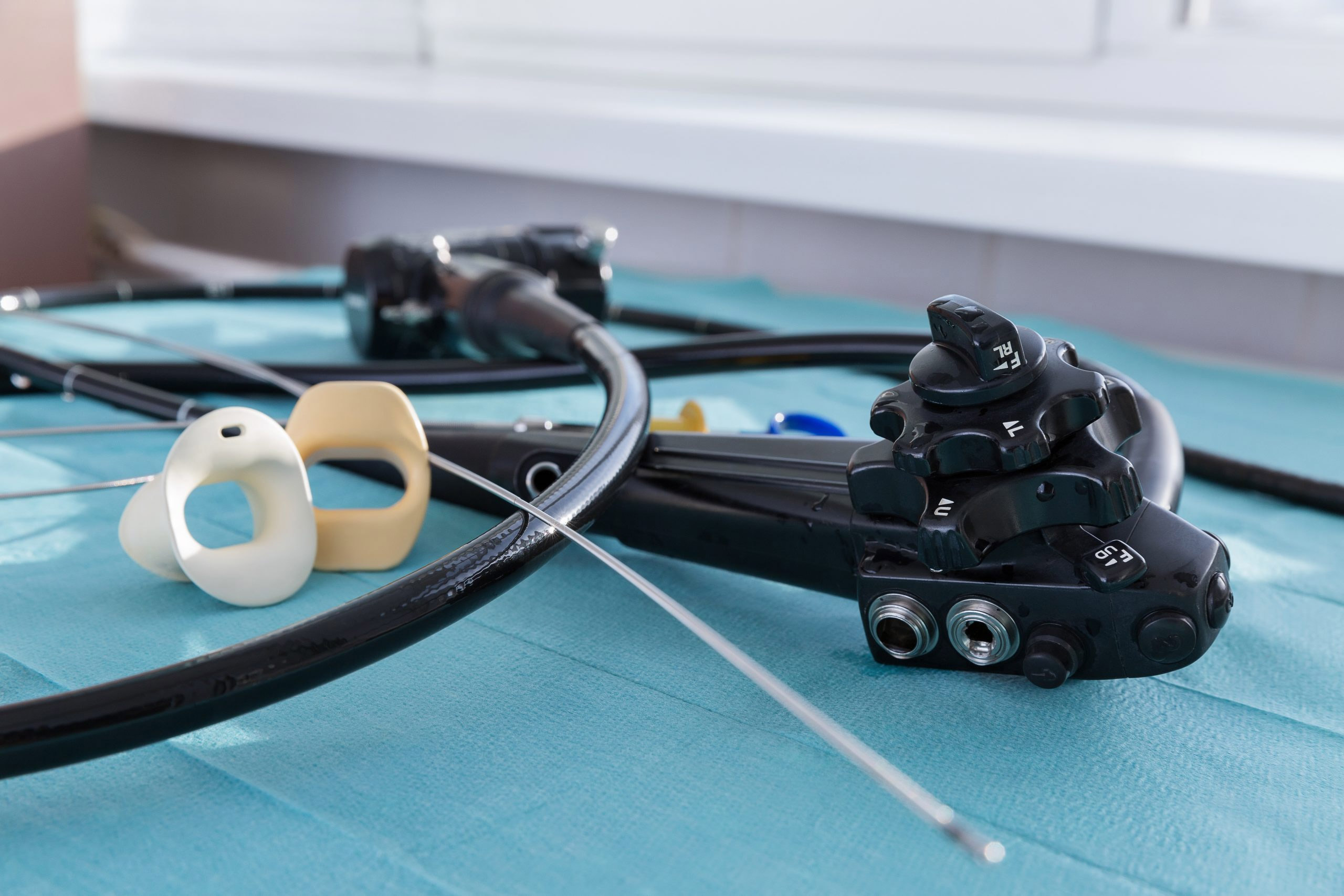
May is recognized globally as Bladder Cancer Awareness Month.
In 2018 the United States Senate passed a resolution recognizing the federal government’s commitment to finding a cure while helping to raise public awareness.
Organizations like the Urology Cares Foundation, Bladder Cancer Advocacy Network (BCAN), and the World Bladder Cancer Patient Coalition have united globally to raise their voices for people affected by bladder cancer as they search for better treatments and a cure.
2022 Bladder Cancer Awareness Month Events
During bladder cancer awareness month, thousands of organizations globally will host a series of events to raise awareness for bladder cancer.
BCAN is hosting a virtual walk to end bladder cancer on May 7. In addition, world-renowned bladder cancer experts Dr. Sumeet Bhanvadia, a urologist at Ridgecrest Regional Hospital, and Dr. Gopa Iyer, a medical oncologist at Memorial Sloan Kettering Cancer Center, will be a part of an interactive program hosted by BCAN on May 25, to answer audience questions about bladder cancer awareness.
The World Bladder Cancer Patient Coalition also encourages people living with bladder cancer to share their personal stories on social media during bladder cancer awareness month.
What Should You Know About Bladder Cancer?
Bladder Cancer is the sixth most common cancer diagnosed annually in the U.S., according to the National Library of Medicine.
There are three types of bladder cancer. according to the American Society of Clinical Oncology (ASCO).
1. Urothelial carcinoma - starts in the urothelial cells and is found in the urinary tract.
2. Squamous cell carcinoma – (develops in the bladder lining in response to irritation and inflammation).
3. Adenocarcinoma (develops in the glandular cells),
This year, an estimated 573,278 adults globally will be diagnosed with bladder cancer. Forty-seven percent of bladder cancer cases are linked directly to smoking. In addition, more than seventy-seven percent of people diagnosed with bladder cancer survive five years or more, says the ASCO.
“It’s important for men and women to understand the signs, symptoms, and risk of developing bladder cancer and ensure they're getting reliable health education and information,” said Dr. Harris M. Nagler, president of the Urology Care Foundation.
One of the most significant challenges physicians face is the accurate diagnosis of bladder cancer symptoms, such as a urinary tract infection (UTI). According to the World Bladder Cancer Patient Coalition, both bladder cancer and urinary tract infections have similar symptoms — blood in the urine, a frequent need to urinate, and difficulty urinating or painful urination.


